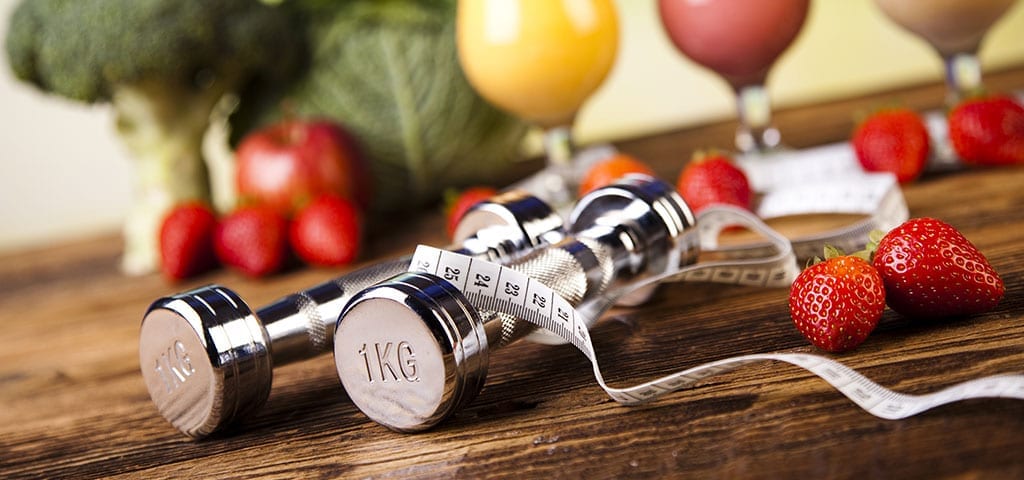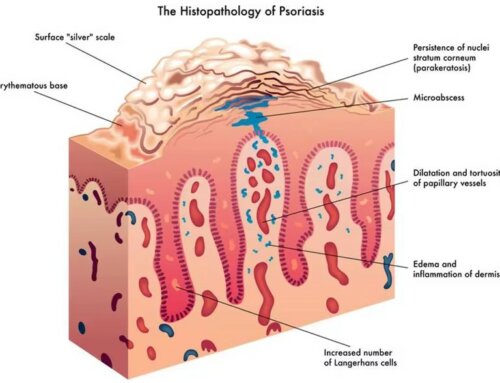If your blood sugar levels continue to fluctuate, it could lead to a diagnosis of pre-diabetes. Whether you have pre-diabetes, insulin-resistance or Type 2 diabetes, there are ways to help lower your blood sugar naturally. Discover a few simple ways to reduce your blood glucose levels for optimum well-being. Always continue to follow your medical treatment plan as you are working on ways to get your blood sugars down naturally.
- During your annual physical, your doctor may tell you your blood sugars are creeping out of the normal zone. A few simple lifestyle changes can help you reduce your blood sugars and make you feel better. Some people who already have diabetes are even able to discuss reducing their medication with their health care team if they are presently on medication. Keep diabetes supplies on-hand so you can monitor your blood sugars regularly. Never stop taking medication or insulin without the advice of your doctor.
- Regular exercise can help lower your blood sugar levels. This includes a mix of stretching, resistance training and aerobic activity. Include aerobic exercises such as walking, biking, swimming, dancing and playing your favorite sports. Workout up to 150 minutes a week over a 5 day period. If you have not exercised in a long time, you can workout in 10-minute intervals and build up gradually. Your ultimate goal is to be physically active every day. Exercise can improve your circulation, increase your insulin sensitivity and help lower your blood pressure.
- A few basic diet changes can go a long way. A diet that is higher in protein and lower in carbohydrates has been shown to help reduce blood sugar levels. Select whole, fresh foods, which often mean shopping the outer perimeter of your local grocery store. Try to avoid packaged and fast foods that contain a higher amount of fat, sugar and salt. Choose fresh foods and add variety to get all the needed nutrients. Cut the visible fat off meat and keep portion sizes in mind. Eat small amounts throughout the day rather than having a large meal at the end of the day and always make time for breakfast.
- Certain key nutrients can help reduce your blood sugar levels. Talk to your doctor about taking nutritional supplements to ensure you get the proper level of vitamins and minerals each day. It is best to try to get essential nutrients from the foods you eat. Polyphenols are found in tea, to help boost your heart health and reduce lipid levels. Alpha-lipoic acid (ALA), which is found in green, leafy vegetable, such as broccoli and spinach, can help reduce the pain and numbness associated with diabetic neuropathy. Omega-3 fatty acids, found in flax seed, salmon and tuna, can minimize inflammation and help lower triglycerides in your body. Add resistant starch to your diet, such as beans and baked or boiled potatoes that are reheated to help lower blood sugar levels. Other supplements that might be helpful include CoQ10, garlic, and cinnamon.
- Incorporate healthy lifestyle habits into your daily routine. Sleep for 7 uninterrupted hours each day. Learn how to reduce stress by meditating or breathing deeply. If you have ongoing feelings of stress and/or depression, discuss them with your health care team and consider talking to a counselor.
- Keeping your blood sugar in a normal range can help you minimize the risk of diabetes-related health conditions such as cardiovascular disease, obesity and stroke. Talk to you doctor before you make any nutritional or fitness changes.
A few basic lifestyle changes can make a notable difference in your blood sugar levels and how you feel each day. A healthy diet, regular exercise, adequate sleep and reduced stress can help lower your blood sugar levels naturally. Keep a journal to help you maintain a healthy lifestyle for a longer, happier life.







Leave A Comment